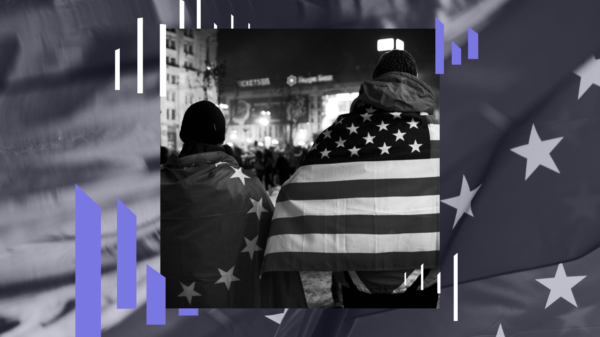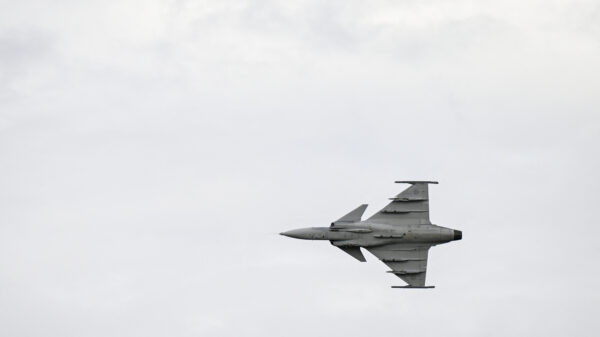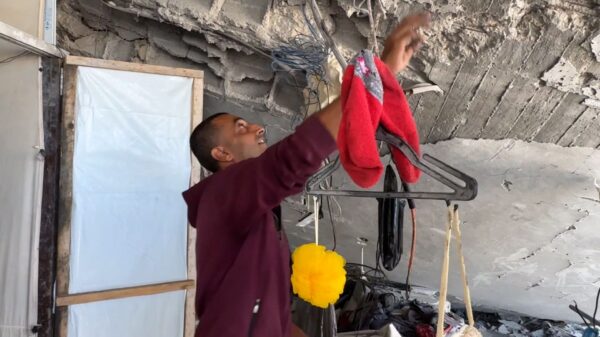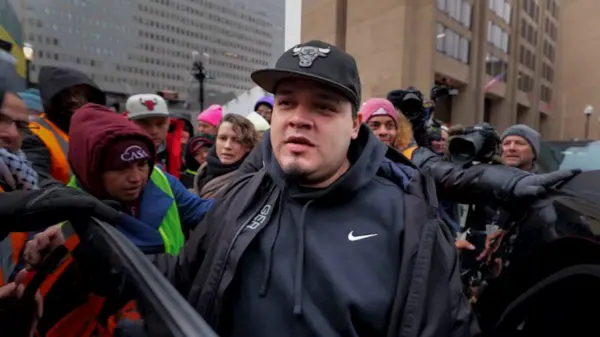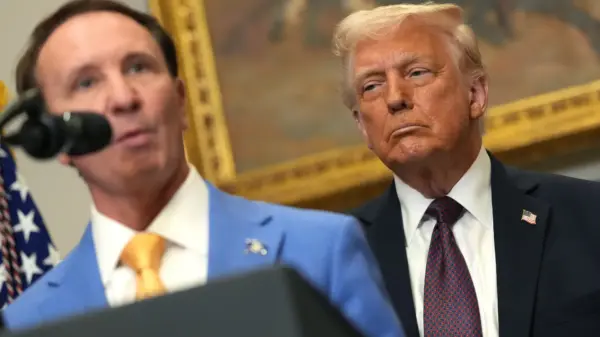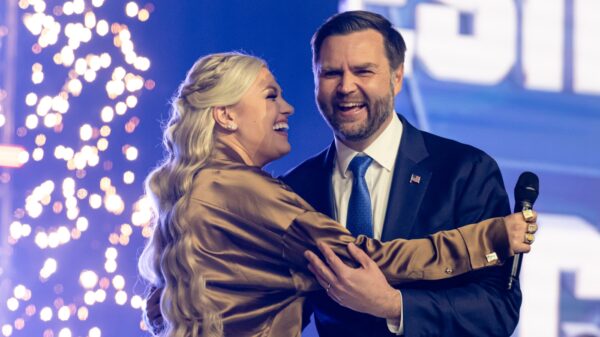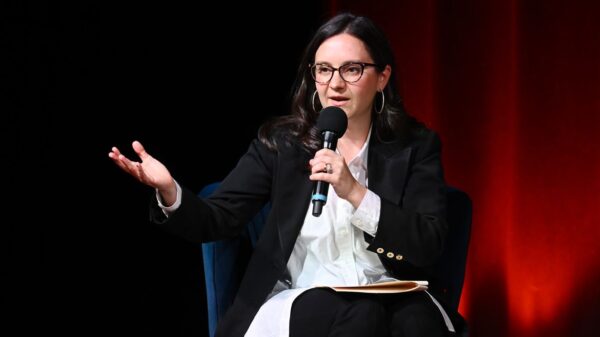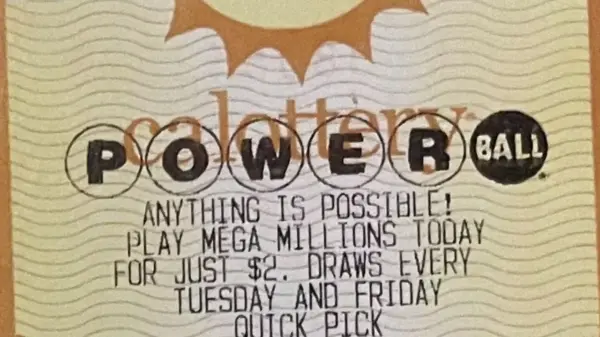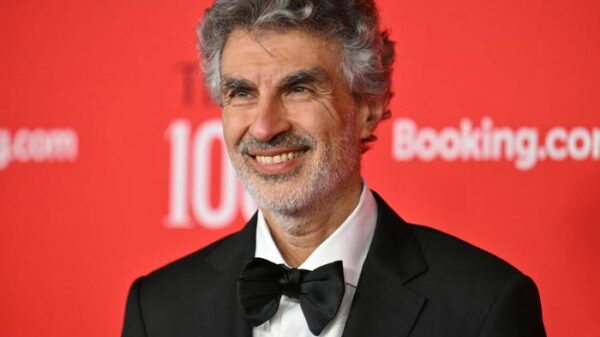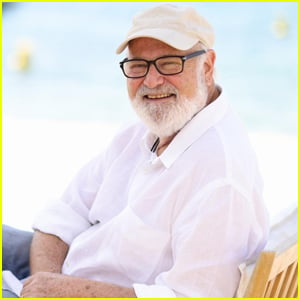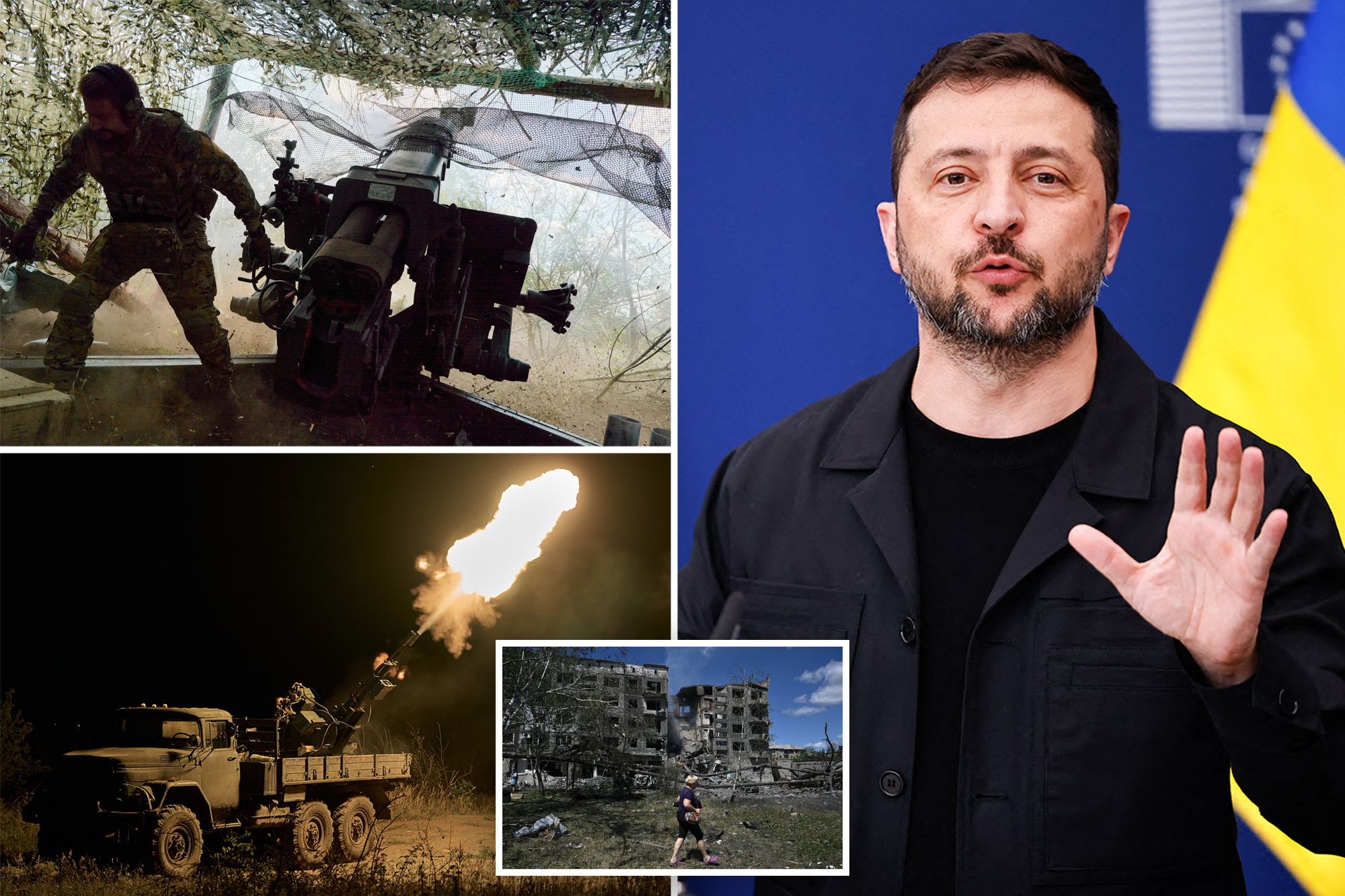Ukrainian President Volodymyr Zelensky firmly stated that Ukraine will not concede any territory not currently occupied by Russian forces. This declaration comes in response to demands made by Russian President Vladimir Putin during a recent summit. Zelensky addressed reporters in Brussels ahead of his scheduled meeting with Donald Trump on March 15, 2024, emphasizing the importance of negotiating from the current front lines.
Zelensky articulated Ukraine’s position clearly, asserting that any potential peace deal would not require the cession of areas in the Donetsk region still held by Ukrainian forces. He described the notion of ceding these regions as “off the table,” highlighting that Ukraine is open to “land swaps” but only under specific conditions. “We need real negotiations, which means they can start where the front line is now,” he stated, underscoring the significance of the existing contact line for discussions.
The president also pointed out that Russia has been unable to fully capture the Donetsk region for over a decade, asserting that the Constitution of Ukraine prohibits any territorial concessions. During the meeting with Trump, Putin proposed that Ukraine withdraw from both the Donetsk and neighboring Luhansk regions as a primary condition for concluding the ongoing conflict. Despite Russian control over large areas within these regions, Ukrainian forces have maintained key cities such as Sloviansk and Kramatorsk, successfully resisting complete occupation.
Zelensky conveyed confidence in Ukraine’s stance, supported by European leaders who have cautioned against altering national borders through military force. He emphasized that discussions regarding territorial matters should be led exclusively by Ukrainian and Russian leaders in a trilateral forum involving the United States. “So far, Russia gives no sign that trilateral will happen, and if Russia refuses, then new sanctions must follow,” he noted.
As he prepares for his meeting with Trump, Zelensky expressed the need for clear “security guarantees” for Ukraine in the event of a peace agreement. Steve Witkoff, Trump’s special envoy, indicated that Putin has tentatively agreed to allow the United States and Europe to offer assurances aimed at preventing future Russian invasions, akin to NATO’s mutual defense clause, known as “Article 5.”
Despite these discussions, Putin has publicly rejected any proposals that would extend NATO membership to Ukraine. This position adds to the uncertainty surrounding the peace negotiations, leaving Zelensky with critical questions following the summit in Alaska. “We really want to get an answer to these questions in order to understand what ‘security guarantees’ are,” he remarked, highlighting the need for clarity in the ongoing diplomatic efforts.
As the situation continues to evolve, the focus remains on the outcomes of upcoming negotiations and the potential implications for regional stability and international relations.




